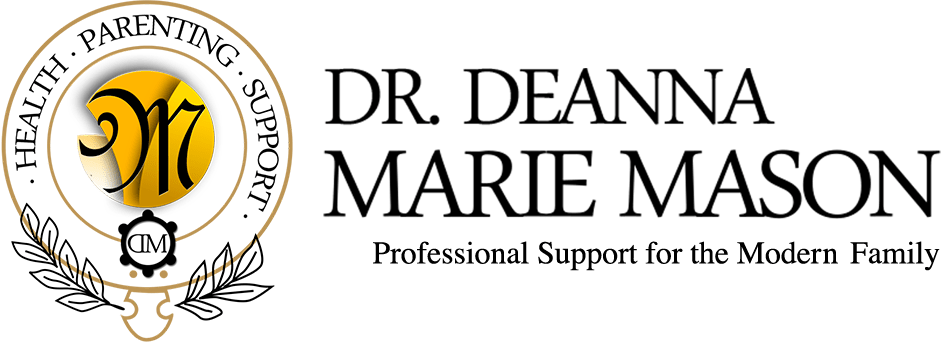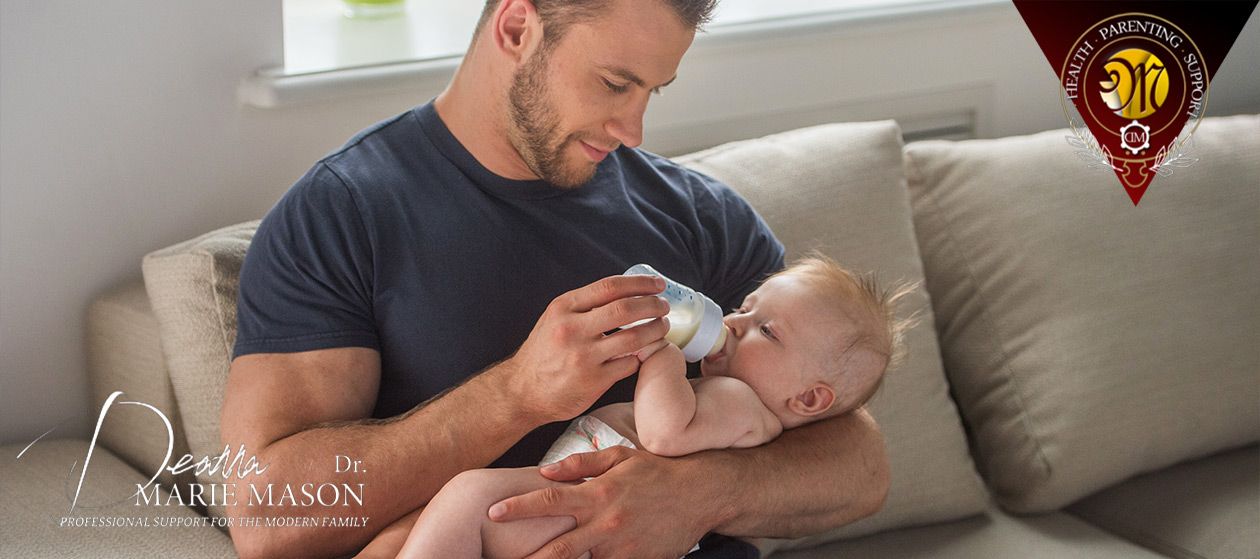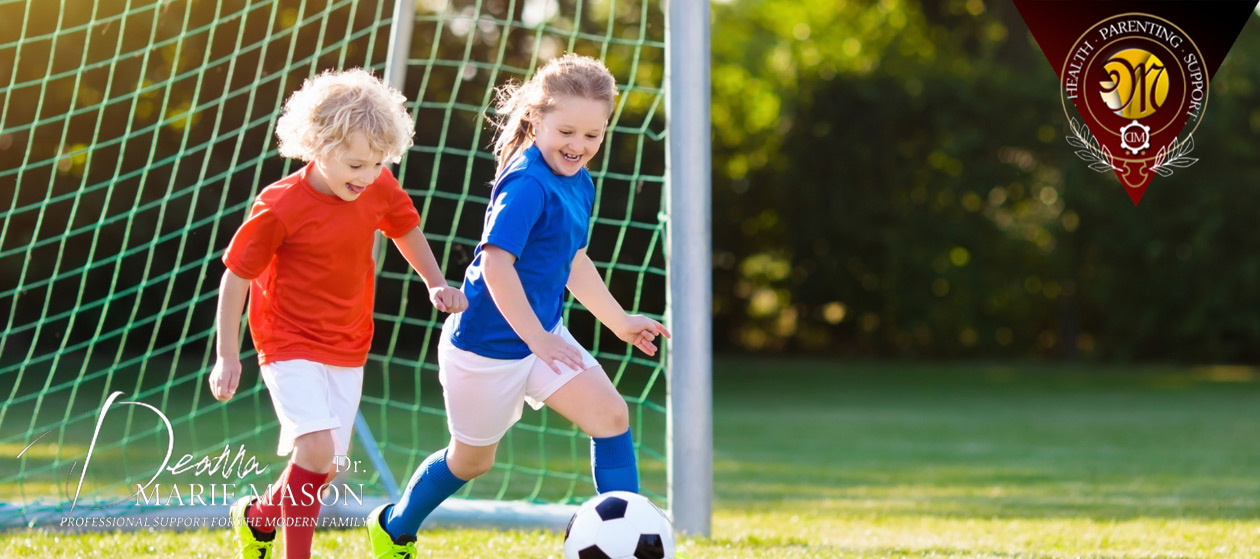There are so many changes that happen after the birth of a baby. Parents often feel overwhelmed with the beauty of their child and with all of the care needs of their baby. Historically, mothers have been the primary care takers of babies during the first year of life. This may have been influenced by breastfeeding, a mother’s previous experience caring for younger siblings or babysitting, or the presence of the maternal grandmother after birth in support of her daughter’s role change to motherhood.
Today many women have the same level of experience with babies as their male partners prior to birth. Many mothers choose to bottle feed rather than breastfeed so they can return to work, families are growing smaller so exposure to younger siblings is reduced, and physical distance may prevent maternal grandmothers from staying extended periods to help in the immediate wake after the birth.
Breaking stereotypes: parents should be involved as much as mothers in newborn care
Yet, women still are the primary care givers of newborn babies and young babies during the first year of life. The stereotype of the mother “knowing what to do” or “knowing how to do it better” continues to persist. The modern family with two working parents who have limited experience with babies and small children should be equally equipped to explore and discover a healthy balance to meet the baby’s needs after birth.
Furthermore, having fathers involved is healthy for mom, dad, and baby. Mothers are at risk after birth for “the baby blues” or a more serious post-partum depression. Psychological distress influence a woman’s risk of developing post-partum depression. Psychological distress includes: fatigue, sleeplessness, body image change, physical discomfort, anxiety of meeting the baby’s needs, and memories about the birth itself (if things went well or were difficult).
Fathers are an important factor in moderating this risk. Fathers who take an active involvement in infant care give mothers more time to focus on self-care. This self-care can help reduce psychological distress.
How fathers can help with baby care
A father’s active involvement can include:
- Changing diapers
- Giving baths
- Bringing baby to mother to breastfeed and taking baby afterward to burp
- Dressing
- Soothing
- Feeding (if bottle feeding)
Additionally, fathers can provide supportive care to mothers. Supportive care includes preparing meals, doing laundry, shopping, and cleaning.
The key to creating a healthy balance between mom and dad related to baby care is to understand that both parents love their baby and want to do their best. Each parent will care for the baby differently because they are different people. There has to be tolerance to allow each parent to provide care in his or her own way as long as the baby is being cared for safely.
Mothers tend to criticize fathers for how they provide care. This can make fathers less willing to help. And fathers tend to ask for help from the mother rather than working through the learning process to learn how to provide care to the baby. In both cases, this encourages the baby to become accustomed to only one way of receiving care.
What benefits can be obtained when both father and mother take care of the baby equally
Babies who only experience their care in one way can develop a preference toward that method. This may create rigidity in the baby and cause him or her to become unhappy or uncomfortable if not cared for in the same way all the time. This rigidity can become a vicious cycle that only reinforces the unequal balance of work – baby cries when dad provides care, mom critiques dad for not providing the care properly, and dad gives up rather than trying to meet the baby’s needs. Over time, the burden will be on mom to care for the baby in the way the baby is accustomed and dad will be liberated from direct baby care. Therefore, there can be no equal distribution of labor related to baby care.
Beyond the benefits to mom, the baby benefits too when dad is equally responsible for providing baby care. It is a good thing that the baby gets used to being cared for in different ways. This helps the baby be more flexible and comfortable receiving care from other people when mom and dad need to be away. This flexibility makes it easier for baby to be cared for by grandparents, daycare providers, or friends and family. The baby is less stressed and is not struggling against a change in routine or habit.
Today’s modern family has mothers and fathers who are equally equipped to care for newborn and young infants. The key is to build a family environment that allows both parents to participate equally, accept the differences, and provide support to each other without judgment or perpetuating stereotypes. The benefits are global; mothers have more time for self-care and reduced risk of psychological stress, fathers have the opportunity to actively participate and influence their baby’s development, and babies learn to be flexible and are comfortable being cared for in different ways. Having dads participate creates a win-win situation for everyone.
Does your partner share the tasks of baby care with you? Do you feel depressed because of such responsibility and lack of help during the first months of your baby’s life? Tell us your experience below and share your doubts in the coment section below.
Sources:
DeMaris, A. & Mahoney, A. (2017). Equity dynamics in the perceived fairness of infant care. Journal of Marriage and Family 79(1), pp. 261-276. doi: 10.1111/jomf.12331
Slomian, J., Emonts, P., Vigneron, L., Acconcia, A., Glowacz, F., Reginster, J. Y., Oumourgh, M., & Bruyére, O. (2017). Identifying maternal needs following childbirth: A qualitative study among mothers, fathers and professionals. BMC Pregnancy and Childbirth 17:213. doi:10.1186/s12884-017-1398-1
Vakrat, A., Apter-Levy, Y., & Feldman, R. (2018). Fathering moderates the effects of maternal depression on the family process. Development and Psychopathology 30(1). doi: 10.1017/s095457941700044x
About the instructor
Proactive Parenting
Deanna Marie Mason PhD
More than 20 years of clinical experience helping families:
Bachelor's Degree in Registered Nursing, Master’s Degree in Pediatric Nurse Practitioner and PhD in Nursing. University professor, patient education specialist, pediatric researcher, published author and reviewer to first-line international scientific journals, continuous philanthropic activity related to health promotion and education, wife and mother of two children.






